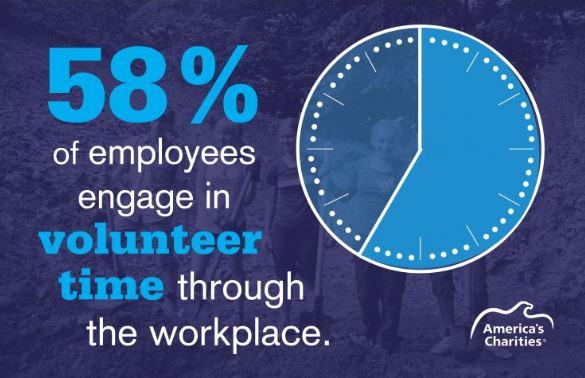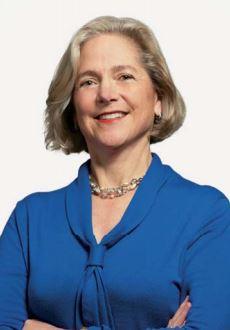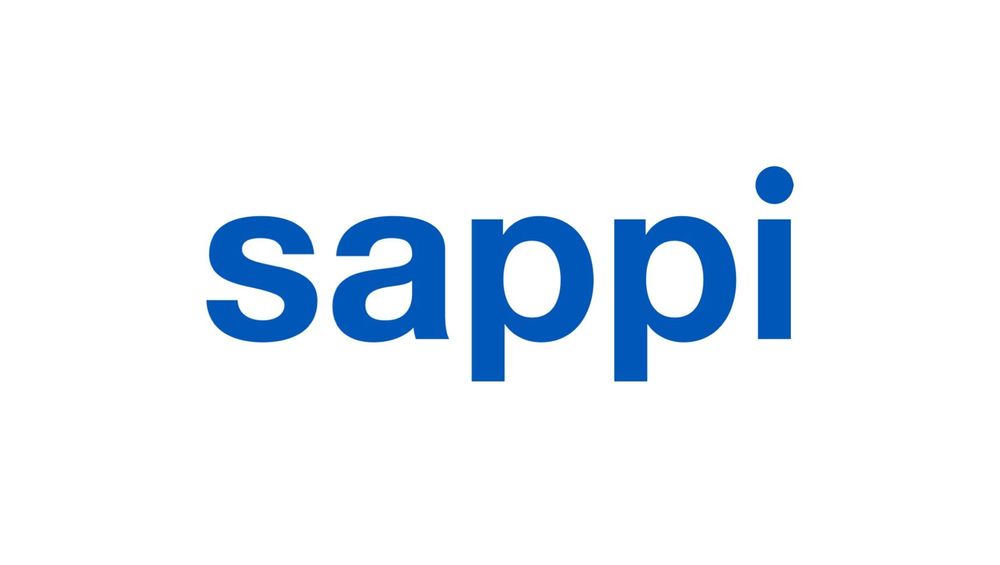An International Dialogue With Sappi's Sustainability Leadership
Jennifer Miller and Valli Moosa exchange thoughts on sustainable forestry
Sappi Limited board member and SETS Committee Chair Valli Moosa and Sappi North America’s Chief Business Sustainability Officer Jennifer Miller exchange thoughts on sustainable forestry.
Valli Moosa is a director of Lereko Investments Proprietary Limited, Sappi’s strategic Board-based Black Economic Empowerment partner. He’s held numerous leadership positions across business, government, politics and civil society in South Africa, including South African Minister of Constitutional Development; President of the International Union for the Conservation of Nature; and the Chairman of the UN Commission for Sustainable Development. In 2016, Moosa was appointed the chairman of the Social, Ethics, Transformation and Sustainability (SETS) Committee of the Sappi Limited Board.
Jennifer Miller serves as Sappi North America’s (SNA) Chief Business Sustainability Officer and is responsible for setting the sustainability strategies for all four of SNA’s businesses. She also holds a number of industry leadership positions, including serving as Vice Chair of the Paper and Packaging Board, which promotes the increased use of paper and paper-based packaging as sustainable and renewable solutions.
Q: First, can you explain the role of the SETS Committee and how it operates?
VM: The SETS Board Committee was comprised of three independent directors in 2017 and provided oversight of the group’s policies and initiatives around sustainability, ethics, labor and employment, social and economic development, and, with regards to the group’s South African subsidiaries, the strategic business priority of transformation. As a company heavily reliant on natural resources, sustainability is integral to our business strategy— an area of great potential for differentiation, but also one of potential risk.
JM: Regional sustainability councils for North America, South Africa and Europe are responsible for developing long-term sustainability strategies and goals appropriate to our respective markets and businesses, as well as managing any day-today issues that arise. These regional councils provide regular input to the SETS Committee, both in terms of reporting progress against regional goals and raising emerging regulatory, market and NGO-related trends.
VM: At the SETS Committee level, our agenda is framed around discussion of emerging issues that could present material opportunity or risk for our businesses around the globe. Recent topics include safety, forestry, water and climate change. Approaching each topic this way provides the Committee with a more holistic view on how a given issue affects Sappi overall. Consistent with our global vision and evolution to operate more as One Sappi, we also felt it was important to establish a set of global goals and targets.
Q: Can you highlight some of the differences related to forestry practices in the various regions where Sappi operates?
JM: In North America, Sappi does not own forestland or plantations. We buy some market pulp and recycled fi ber, but our wood supply is entirely dependent on public and private owners, large and small. Europe is similar in this respect, but has an even broader sourcing region, including pulp from South America and Russia. In South Africa, we primarily source from our own plantations, but also from smallholders. The smallholders within Sappi’s Project Grow are predominantly women who are the primary breadwinners for their families and, as such, present a unique and attractive economic empowerment channel. In all regions, we face challenges in certifying smallholders and are constantly scanning for innovative solutions.
VM: From my perspective, it is critical that we have consistent, risk-based approaches in how we source our wood and pulp worldwide. As with all aspects of sustainability, we must strive to balance issues—providing our procurement teams with fl exibility to maintain costs while assuring business continuity as well as giving consideration for environmental, social and ethical aspects of purchasing.
Q: What is Sappi’s approach to forestry certifi cation programs and standards?
VM: It is paramount to our business to maintain reliable, responsible sourcing—in wood baskets that are resilient or with species that can be adaptive to disturbances like disease or climate change. In terms of reputational risk, certifi cations offer third-party assurances that many of our customers rely upon. Our Group Wood and Fibre Sourcing Policy helps clarify our objectives in sourcing. The policy recognizes the leading global certifi cation standards of the Forest Stewardship Council® (FSC®-C014955) , the Programme for Endorsement of Forest Certifi cation™ (PEFC™) and The Sustainable Forestry Initiative® (SFI) program. At a minimum, all fi ber purchased by Sappi globally must come from well-managed forests and be third-party verifi ed that it is from controlled and non-controversial sources.
JM: The amount of fi ber from a certifi ed forest is one of our global goals, and while the specifi c targets vary by region, ultimately each of the targets aims to meet evolving market demands. Sappi’s plantations in Southern Africa are all currently certifi ed in accordance with the FSC Forest Management Standard. The South African Forestry Assurance Scheme (SAFAS) joined PEFC in May of 2017 and as of December their standard was made available for public consultations. In North America we are members of FSC US and also support and recognize the SFI® program, which is a sustainability organization with a three-pronged mission of forestbased education, conservation and community initiatives. The SFI program has the world’s largest certifi cation program endorsed by PEFC, with over 305 million acres (123 million hectares) under management.
VM: As a former President of the International Union for the Conservation of Nature (IUCN), I was very pleased to learn that the SFI program has been recognized as a member. Biodiversity and conservation are issues of critical importance to Sappi stakeholders. We must continue to partner with likeminded organizations to better understand and demonstrate the importance of good forest management practices and their impacts on conservation.
Q: The Sappi Limited Board met at SNA’s mill in Cloquet, Minnesota, last year. Can you discuss highlights of that meeting?
VM: Because it is important for the board members to visit operations, we hold at least one meeting per year at one of the group’s mills. The Cloquet Mill was extremely impressive in many ways—most notably for its operational excellence. This excellence is demonstrated in the safety performance of the people at the mill, the fl exibility of the pulping operations to swing from kraft pulp to Specialised Cellulose (dissolving wood pulp), and the high quality of the printing and writing grades made at the mill.
JM: For the board visit in Cloquet, each region (North America, Europe, and South Africa) was asked to present to the SETS Committee on emerging regulatory issues around water scarcity, use and quality, and the challenges and opportunities each faces. It was a great opportunity for the board committee to hear about and respond to the issues experienced across the different regions where Sappi operates. This kind of engagement leaves all of us with a deeper appreciation for the accountability that the board commands of our senior leadership in regard to the material issues that our company faces.



